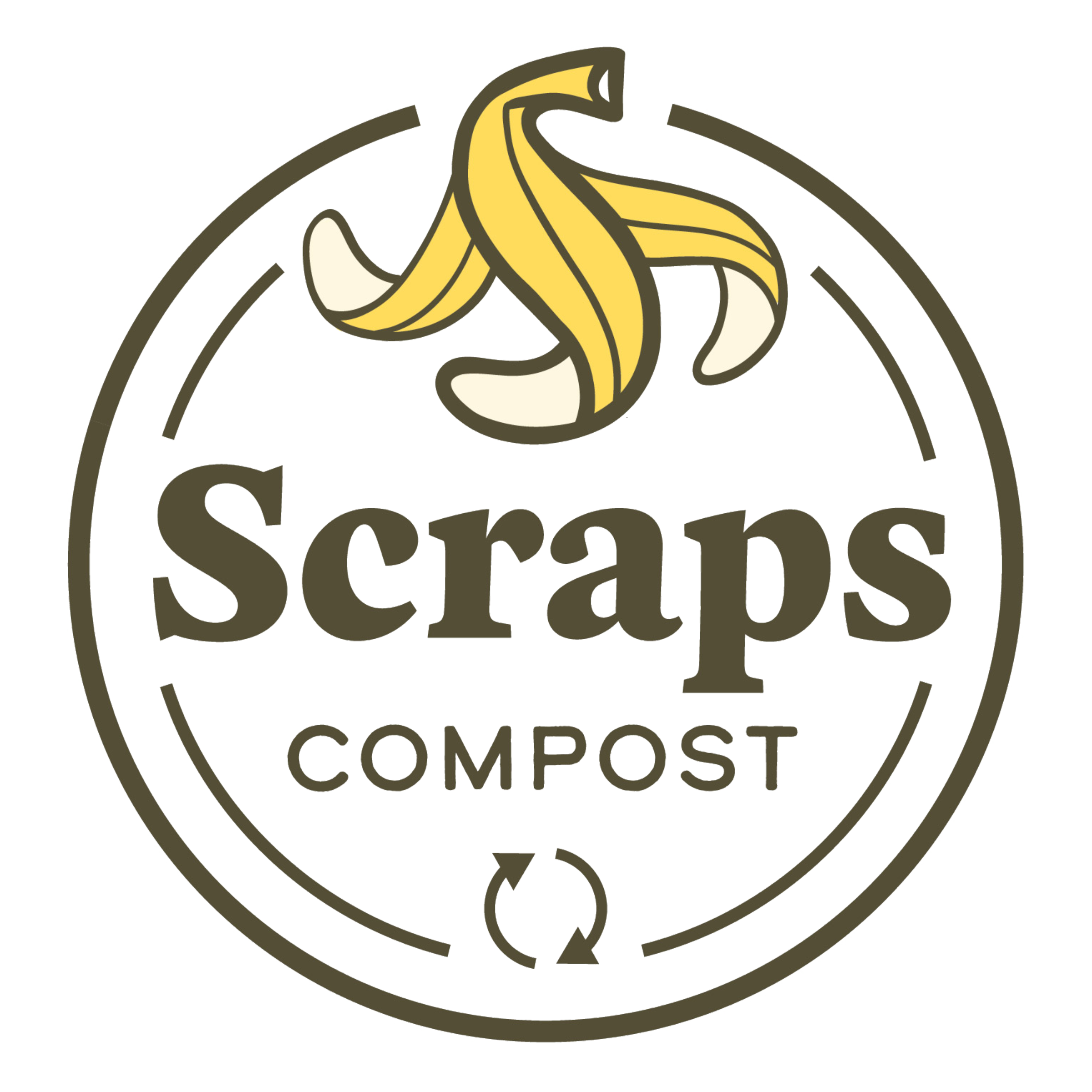All About The Green - Saving Money with Food Composting
Finding sustainable techniques that might save costs is advantageous for both individuals and organizations in a time when fiscal responsibility is essential. Food recycling, a method that turns food waste into useful resources, has advantages for the environment as well as significant financial savings. In this in-depth blog post, we explore the many ways recycling food may help you save money and the reasons it’s a wise financial and environmental decision.
Cost Savings for Waste Disposal:
The potential to lower trash disposal costs is one of the main ways that recycling food can save money. When food waste is kept out of regular landfills, you can avoid paying steep disposal costs that usually come along with waste removal. Instead, the garbage can be sent to composting or recycling facilities, which are frequently more affordable choices. These savings can accumulate over time and help people and businesses become more financially stable.
Cost-cutting for food purchases:
Households and companies can cut down on the quantity of food waste by implementing food recycling. Food waste decreases when there is less food wasted and less food purchased. Organizing meals more effectively, coming up with inventive ways to use leftovers, and adding food scraps to compost or recycling programs can dramatically reduce grocery costs. Additionally, organizations can improve inventory management, ensuring that perishable goods are consumed prior to spoilage and resulting in lower food purchase prices.
Producing Useful By-Products:
Recycling food not only reduces waste, but also turns it into useful resources. Compost, which is made from organic waste and is nutrient-rich, is a fantastic soil conditioner and fertilizer. Households and businesses can save money by using this compost in gardening or agricultural projects rather than purchasing costly commercial fertilizers. Additionally, some methods for recycling food waste can result in bioenergy, like biogas, which can be utilized to make electricity, further reducing energy costs.
Possible Generation of Revenue:
Recycling food offers companies the chance to develop new sources of income. Companies can sell their food waste for processing into valuable items by collaborating with recycling facilities or composting organizations. This extra money can help the company’s bottom line by boosting financial performance and encouraging environmentally friendly business methods.
Improved Brand Image and Customer Loyalty:
Customers are becoming more aware of their environmental impact and choose to patronize companies that share their beliefs. Businesses can show their dedication to sustainability and promote a positive brand image by embracing food recycling. Businesses that prioritize food recycling are likely to acquire a competitive edge, garnering a wider client base and experiencing enhanced customer loyalty as environmentally responsible activities become more important in consumers’ decision-making processes.
Recycling food is a smart financial decision in addition to being an environmentally good action. Food recycling offers a variety of cost-saving advantages for both individuals and businesses, including lower trash disposal costs, cheaper food purchasing costs, the creation of valuable byproducts, and even the potential for money generation. Beyond monetary gains, recycling food has economic benefits for businesses in terms of improved brand recognition, increased consumer loyalty, and contribution to a future that is greener and more sustainable. You’ll not only save money by making food recycling a priority, but you’ll also actively contribute to creating a better environment for future generations. So get going right away and enjoy the financial and environmental benefits of this priceless procedure.

